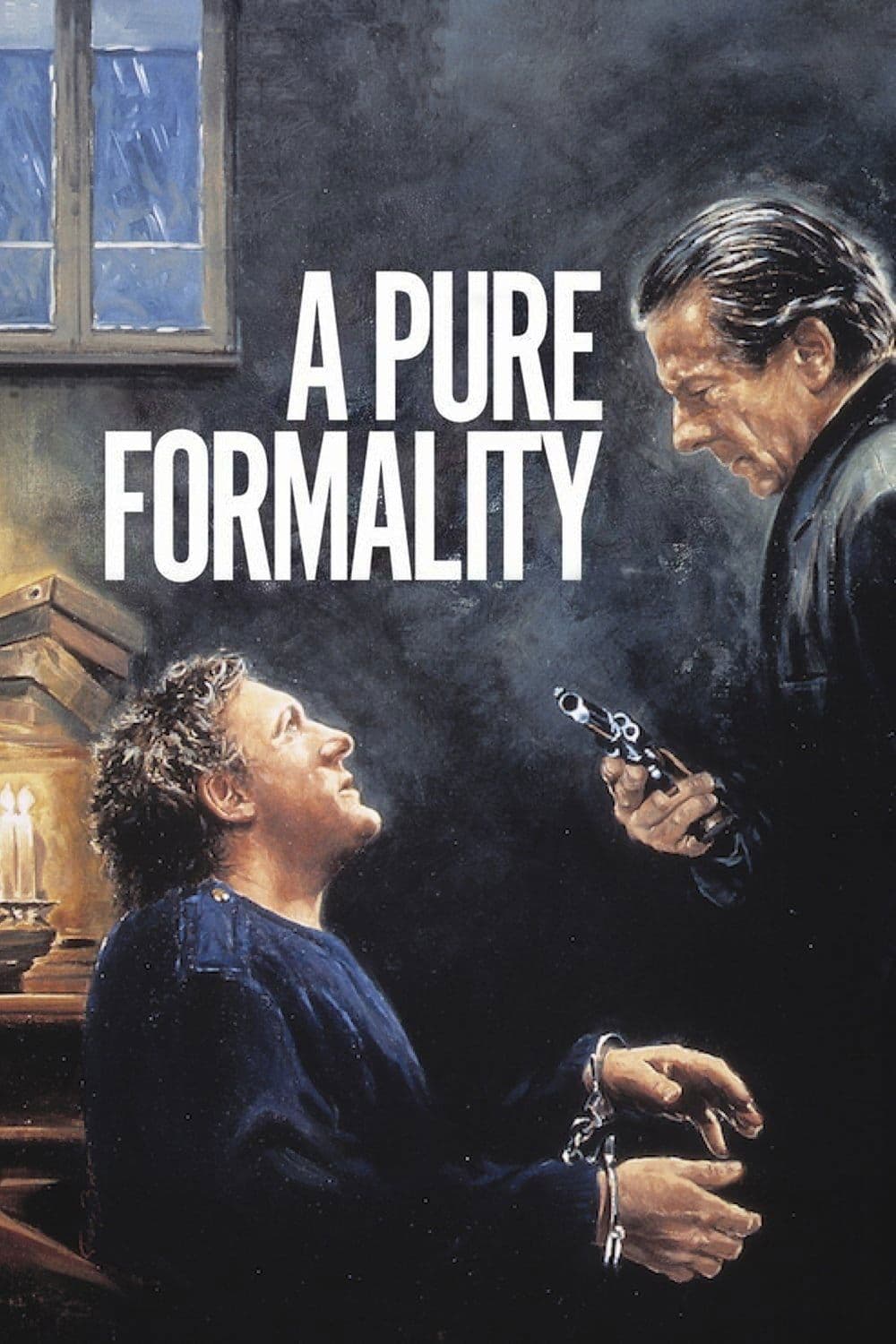
A Pure Formality
1994
Rate this movie
Average: 0.00 / 5
(0 votes)
Director
A tight dialogic battle, an amnesiac writer, an astute policeman, the void of the night. This striking debut immediately plunges us into a realm where reality is a fluid given, memory an elusive entity, and truth a shifting mirage. We are not facing a mere investigative procedure, but rather a profound meditation on identity and guilt, an inquiry that delves much deeper than the bare facts.
A film that is a kind of theatrical manifesto, a dark work dominated by two elements: the mastery of the performers and the tortuous narrative that unfolds through flashbacks emerging like stars in the night. This theatricality is not a mere stylistic choice; it is a deliberate narrative strategy, confining the viewer to a claustrophobic "chamber drama" where the only action is psychological and internal. One could almost perceive the echo of Strindberg or, in some ways, Beckett, not for overt nihilism, but for their ability to unveil the human abyss through the power of words and scenic immobility. The unique setting, a remote and timeless police station, almost disconnected from the outside world, becomes a metaphysical Limbo, a crossroads between the world of the living and the dead, of memory and oblivion, where time itself seems to lose its linearity. The "tortuous narrative" takes shape as an exercise in mind archaeology, where each flashback is not a mere revelation but a fragment of a broken mosaic, whose recomposition proves painfully ambiguous, challenging the very notion of objective truth. These mnemonic flashes do not illuminate but rather obscure, like lighthouses in the fog, making the entire structure a palimpsest of uncertain memories and denied truths, an unsettling dance between the said and the unsaid, revealing and concealing.
Onoff, a reclusive and misanthropic writer, is stopped during the night by a police patrol and taken to the station for questioning in an evident state of confusion. His very name, "Onoff," evokes an intrinsic bipolarity, a personality that switches on and off, emerges and denies itself, perfectly consistent with his role as creator and recluse. The nocturnal incident is not a mere narrative pretext but the trigger for an interior odyssey, a journey into the underworld of the psyche that will force him to confront his own ghosts and omissions.
The commissioner will initiate a dialectical conflict with the man, a confrontation permeated by whispered metaphors and unspeakable facts, until he lays bare a man and his story. It is not a traditional interrogation, but rather a kind of forced psychoanalytic session, a Socratic maieutic conducted with the precision of a surgical scalpel. The commissioner is not merely seeking incriminating evidence, but Onoff's soul, his most recondite essence, like an investigator of being rather than doing. The "whispered metaphors" are the crowbars to pry open the defenses of a tormented spirit, allusions to a past that re-emerges fragment by fragment, weaving a web of guilt, denial, and remorse. It is a verbal duel in which truth is not a pre-existing fact, but a painful conquest, a cathartic process that dismantles layer by layer the constructed identity, revealing the "debris" that lurks beneath the surface of literary celebrity.
A Tornatore in a state of grace perfectly renders the dreamlike atmosphere of the story, almost a desperate, breathless attempt to reconstruct the debris of a dream that slipped away in the morning wakefulness. The dreamlike element in Tornatore is not merely a stylistic embellishment here, but the key to a deeper reality, that of the subconscious, where the boundaries between memory and invention dangerously thin. Unlike more radiant and nostalgic works like "Nuovo Cinema Paradiso," where memory is a vehicle for redemption and affectionate regret, here memory is a labyrinth, a place of torment and self-deception, trapping and suffocating. The direction is tense, measured, almost ascetic, focused on faces, minimal gestures, on gazes that meet or avoid each other, creating a palpable tension that needs no external plot twists to keep the viewer enthralled. Every shot is charged with meaning, every silence eloquent, contributing to a suspended and claustrophobic atmosphere that amplifies the characters' existential anguish. The cinematography, played out in cold tones and a dense, almost painterly chiaroscuro, envelops the scene in a cloak of mystery and melancholy, evoking the isolation and despair that pervade Onoff's soul.
The two performers are wonderful: Polanski with his sober rationality and desire to penetrate that wall of words, Depardieu in a chameleon-like role where his character takes on the shifting form of a multiple personality. Their performance is an authentic tour de force, an acting duel of rare intensity and precision. Polanski, with his austere yet authoritative presence, embodies a kind of archetypal figure of judgment, a modern Charon who guides Onoff through his personal hell with an almost imperturbable calm. His rationality is not cold, but permeated by a weary wisdom, almost an empathetic understanding of the human abyss, perhaps born from a life of complex experiences and traversals of existential frontiers. Depardieu, on the other hand, is a kaleidoscope of emotions, capable of shifting from fury to the most yielding submission, from the most obstinate denial to the most lacerating confession with disarming fluidity. His physical and psychological metamorphosis, his face contracting and relaxing, his body seeming to implode under the weight of remorse, are the visible materialization of that "multiple personality" which is not a simple pathology, but the expression of an identity fragmented by trauma and lies. Their exchange is a choreography of nerves and intellect, a dialogue that is both music and torture, revealing the depth not only of the characters but of the human condition itself, in its fragility and infinite complexity.
In this sense, the sequence in which Onoff calls his woman, standing in front of a window under the eyes of the commissioner and his aide, is significant: the woman seems not to hear him while Onoff desperately invokes her. This scene, in its heartbreaking simplicity and visual and sonic impact, is a manifesto of incommunicability, not only as an absence of dialogue, but as a radical impossibility of connection, a cry into the void that finds no echo. It symbolizes the ultimate solitude of the individual facing their own destiny, the impossibility of sharing their most intimate burden, be it unconfessable guilt or unbearable pain. It is a powerful metaphor for the unbridgeable distance between oneself and the other, between one's inner experience and external perception, between memory and its resonance in the present. The invisibility or inaudibility of the woman on the other end of the line is not just a narrative device, but a raw symbol of the disconnection that afflicts Onoff, an artist who has lost contact not only with the world and his affections, but perhaps also with his own inspiration, and his last chance for redemption and peace.
A knot of incommunicability that reverberates throughout the story, rising to become a central and universal theme. "A Pure Formality" is not just a film about memory or guilt, but about the ontology of being and the epistemological struggle to understand reality, one's own and that of others. The title itself, enigmatic and deeply ironic, invites reflection on the ultimate meaning of what we experience. Is the interrogation perhaps the "pure formality," a necessary and coercive ritual to unveil a truth that is already there, invisible to superficial eyes? Or is life itself, with its conventions and social rituals, the true formality behind which unspeakable dramas and broken souls hide? Tornatore leaves us with these questions, with the echo of a last, desperate invocation that fades into silence, and the awareness that some truths, however unveiled, remain elusive, pure formalities of an inner drama that never ceases to pulse. A work that, years later, continues to reverberate with the power of a classic, inviting us to descend into the abysses of human consciousness, where the line between reality and fiction, between guilt and innocence, is thinner than we dare to imagine.
Gallery
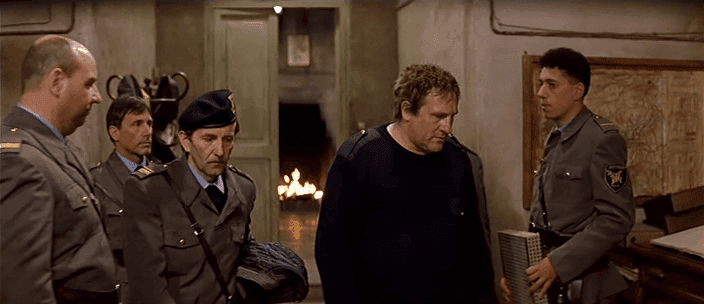

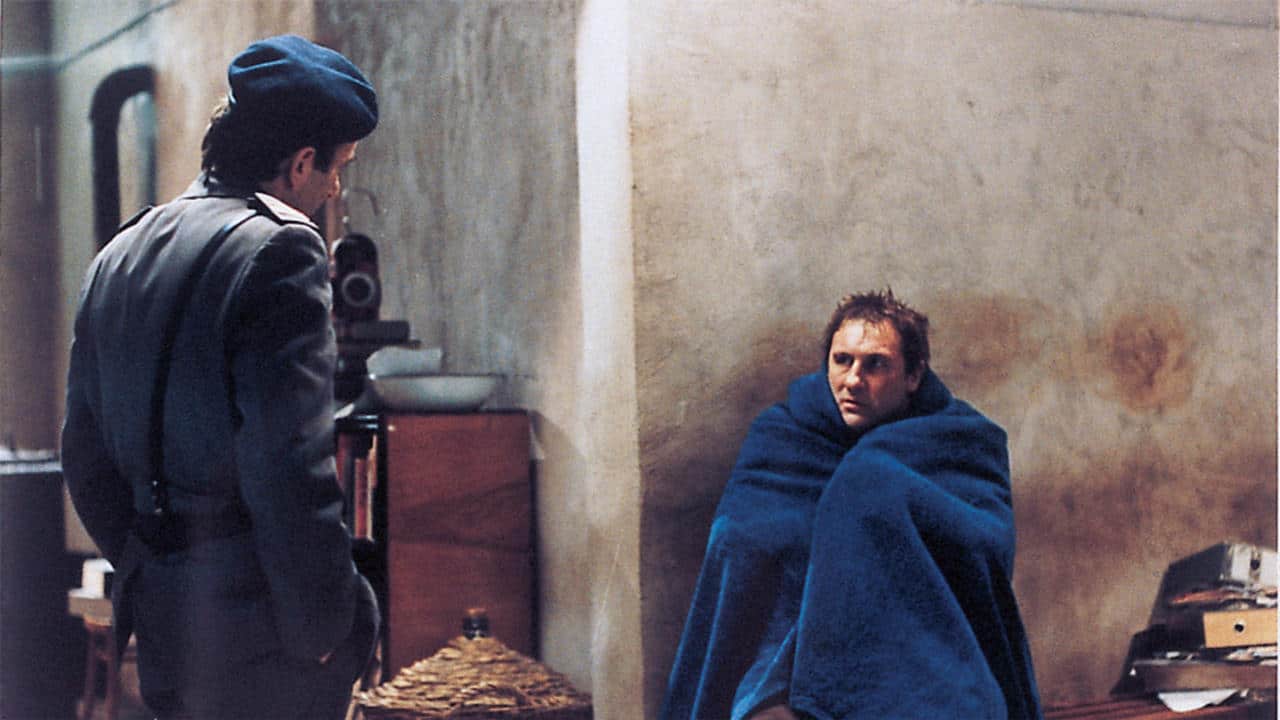
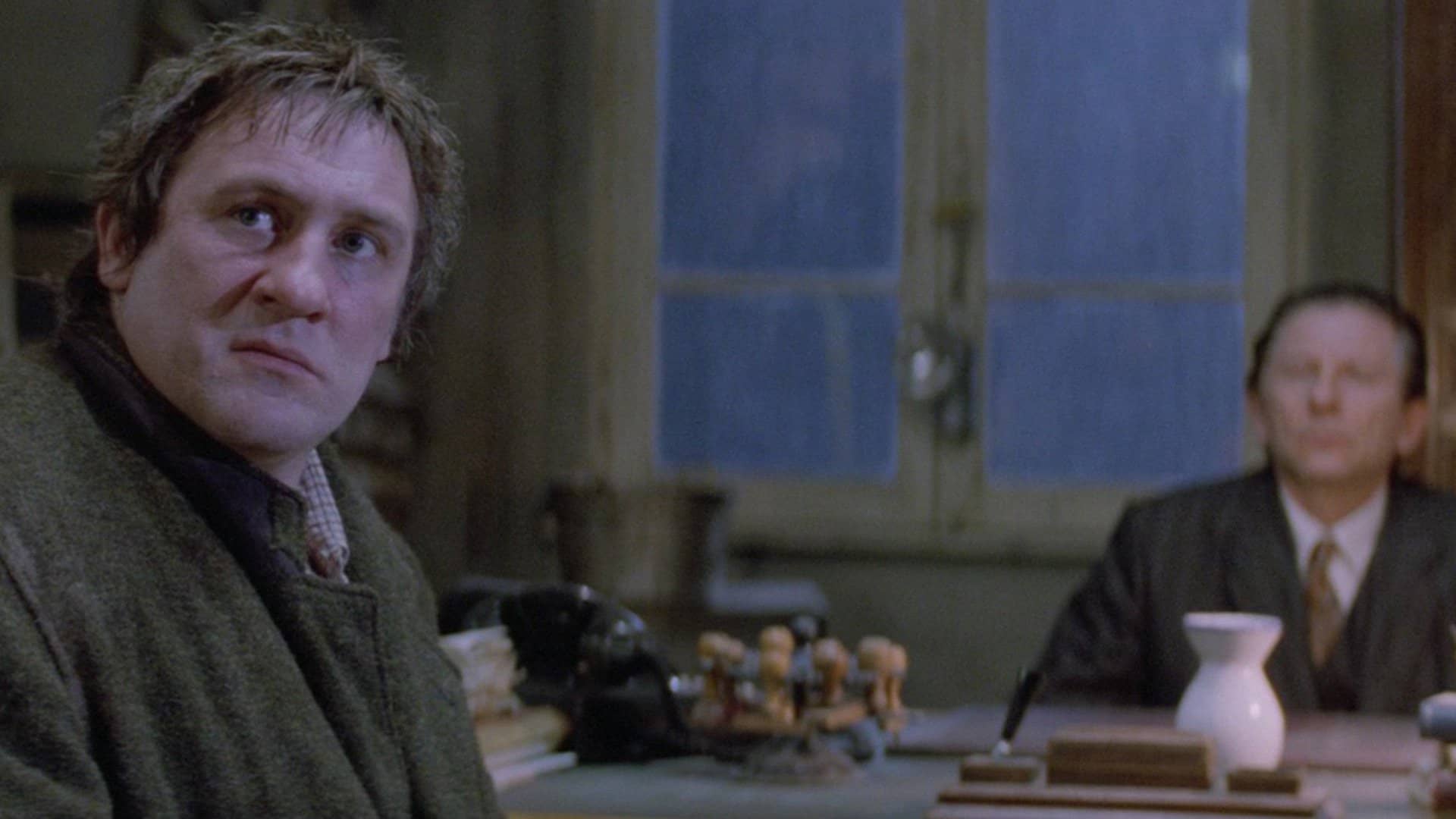
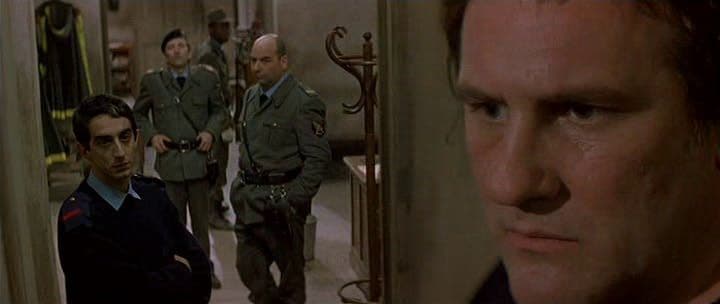
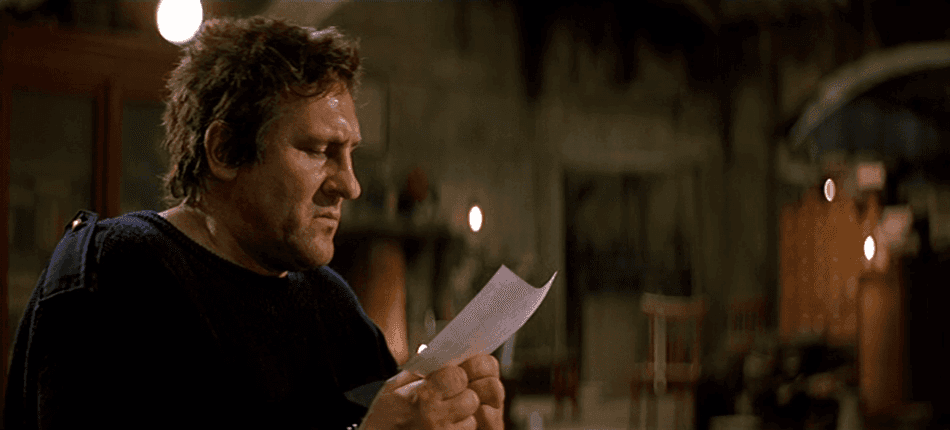
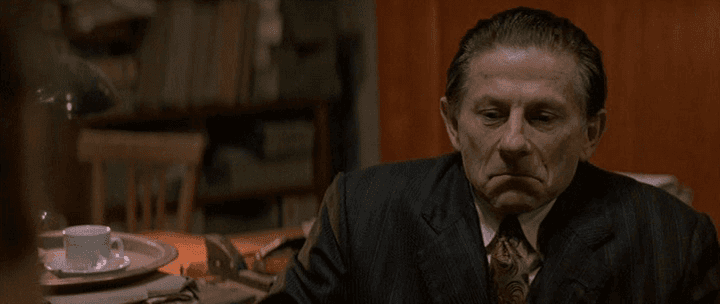
Comments
Loading comments...